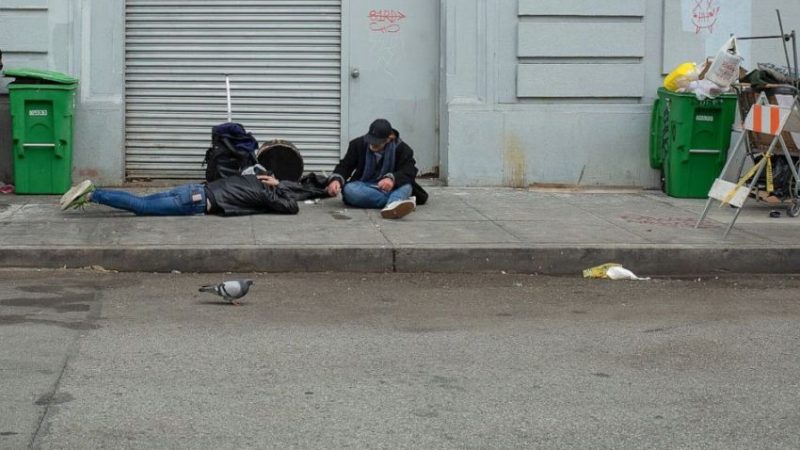Hundreds of refugee pushbacks have been revealed by the EU border agency.

According to a recent inquiry, the EU’s border agency was engaged in the detention of at least 957 asylum seekers in the Aegean Sea between March 2020 and September 2021.
Frontex, the EU’s best-funded agency with a €758 million budget, is being examined over earlier claims of collusion with Greek authorities in unlawful pushbacks of asylum seekers, which the organisation denies.
According to Frontex’s own database, a collaborative investigation by Lighthouse Reports, Der Spiegel, SRF Rundschau, Republik, and Le Monde has exposed Frontex’s involvement in what appear to be pushbacks. According to the joint inquiry, a freedom of information request (FoI) revealed that the agency’s internal incident report database, known as Jora, documented observations of asylum seeker pushbacks in the Aegean, which officials labelled as “prevention of departure.” According to Frontex standards, this is an occurrence in which migrants are intercepted at sea by non-European nation authorities in their territorial seas and returned to their point of origin.
Frontex offered a censored version of the database, but it did include descriptions of 145 occurrences labelled “prevention of departure,” which differed when cross-referenced from accounts of the same incidents by the Turkish coastguard, witnesses, leaked papers, and other secret sources.
At least 22 times, asylum seekers were pulled off dinghies, loaded onto Greek life rafts, and abandoned at sea.
On May 28, 2017, a group of over 50 asylum seekers who had already arrived on the Greek island of Lesbos contacted the Norwegian NGO Aegean Boat Report, providing images and a WhatsApp message indicating their position near the island’s city, Mytilene.
The Turkish coastguard discovered part of the gang at sea on orange life rafts hours later. This incident was eventually documented as a “prevention of departure” in the Frontex database.
According to two Frontex sources, unlawful pushbacks in the Aegean show up in the Jora database as “prevention of departure.” “Why don’t they just call it ‘pushbacks’ and call it a day?” a Greek coastguard officer said.
Pushbacks in the Aegean have been labelled “systematic” by human rights organisations.
The new claims against Frontex come only days before a referendum in Switzerland on the country’s engagement with the EU border agency on May 15. Switzerland gave 24 million Swiss francs (CHF) to the agency in 2021, with the government planning to expand this commitment to 61 million CHF by 2027.
Opponents of the agency’s enlargement, however, argue that it would hold Switzerland directly accountable for human rights crimes occurring on Europe’s borders. The referendum was held after a petition with over 62,000 signatures in favour of reducing funding for the agency was circulated.
Greece and Frontex reject claims of pushbacks and maintain their staff comply with human rights regulations, but Frontex executive director Fabrice Leggeri is under increasing pressure, and the EU has suspended a portion of its funding while the charges are probed.
Tineke Strik, a Dutch MEP and member of the Frontex Scrutiny Working Group, has urged for the border agency’s operations in Greece to be halted.
“A fundamental change in the ethos” of the EU border agency, including a change in leadership, she added, since Leggeri has “lost credibility in treating basic rights seriously.”
“[Frontex] should halt operations in Greece,” Strik suggested. “We have a plethora of legitimate reports from agencies such as the UN and the European Council, all of which state that pushbacks are systematic.” More needs to be done; otherwise, you become involved in the infractions, which is the situation that Frontex is facing.”
Frontex stated that it has no authority to probe individual nations’ acts and that it “ensures and encourages the observance of fundamental rights in all of its border management activities.” According to the agency, it is “completely dedicated to upholding the greatest standards of border control within our operations, and our personnel are governed by a code of conduct.” This is the standard we apply to all of our activities.”
The agency stated in a statement, “Fundamental rights, including respect for the principle of non-refoulement, are at the heart of all the agency’s actions.”
The fundamental concept underlying international refugee law is non-refoulement: a person in need of protection cannot be forced returned to a location where they may experience harm.
It went on to say that employees were required to report any abuses of human rights, and that the agency had more than 20 monitors on the ground.







